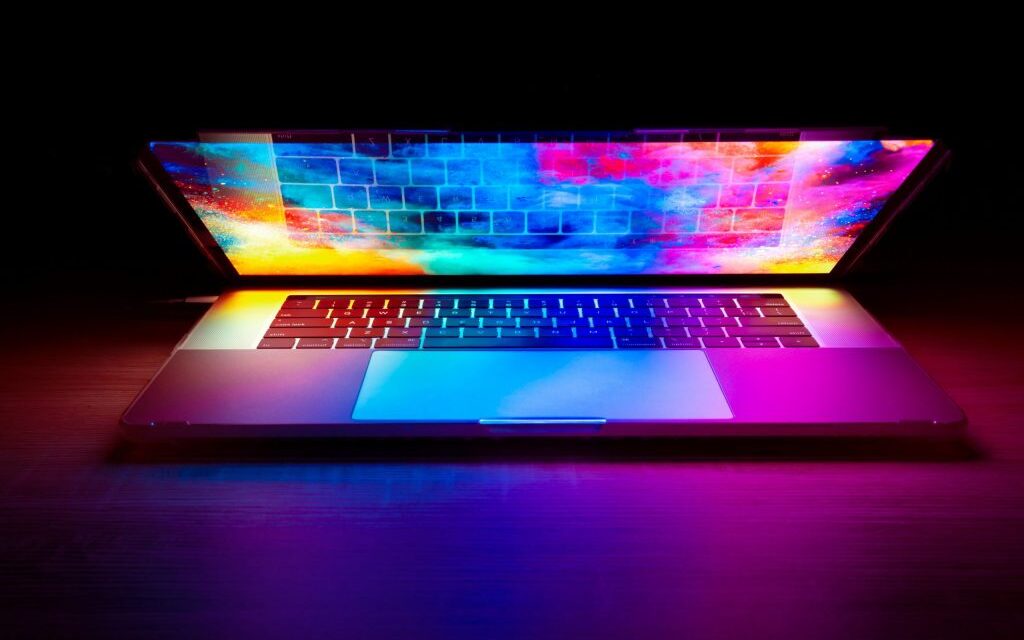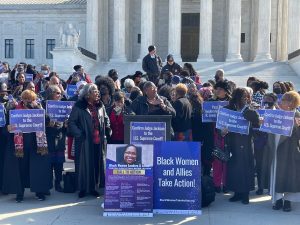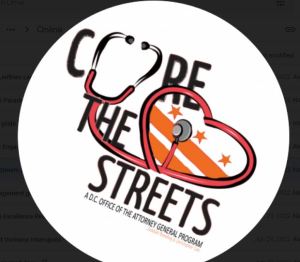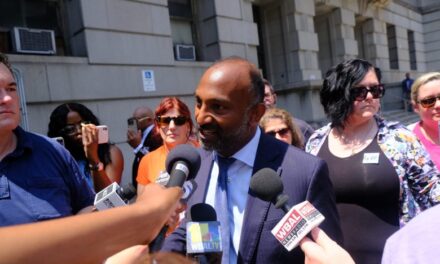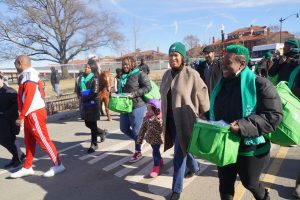By Megan Sayles
AFRO Business Writer
Baltimore City’s Office of Broadband and Digital Equity (BDE) hosted the first in a series of monthly meetings on digital inclusion for 2024 on Jan. 9. The session invited community members to learn more about the resources in Baltimore’s digital ecosystem and to share feedback on technology accessibility and affordability in the city.
William Honablew, digital equity coordinator for Baltimore, led the meeting and started by addressing the city’s effort to distribute 30,000 Chromebooks to low-income households.
“One of the challenges that we had at the end of last year was Pratt Library opened just under 20,000 appointments, and they were all taken. That’s a wonderful problem to have because it means people are actually accessing the resources that are available,” said Honablew. “On the flip side, a lot of people wanted more appointments, but they were not available. over the break Pratt pulled together some resources and opened up more appointments. ”
Residents can schedule appointments to pick up a Chromebook on Enoch Pratt Free Library’s website. To qualify, they must have a photo ID and proof of Baltimore City residency. They must also have an income at or below 200 percent of the Federal Poverty Level, be enrolled in the federal Affordable Connectivity Program or participate in a government assistance program.
Honablew highlighted Baltimore’s Digital Inclusion Strategy for 2024 to 2029, in which the city is setting out to provide reliable, high-speed internet, technology and device, digital skills training and technical support to residents across the city.
He also discussed Baltimore’s public Wi-Fi initiative, FreeBmoreWiFi, which Mayor Brandon M. Scott announced in December. BDE will implement the program, which is set to provide residents with free internet access at recreation centers and senior centers across the city.
He pointed out that 73 percent of White households have wired broadband in Baltimore compared to 50 percent of Black households and 46.4 percent of Hispanic households.
“In our Digital Inclusion Strategy, we’re very focused on targeting those who are most often left behind in Baltimore,” said Honablew. “Baltimore City has highlighted four communities that we will be focusing the majority of our digital equity efforts on: racial and ethnic communities, individuals who are living with disabilities, older adults and those who are experiencing unstable housing or homelessness.”
Representatives from NPower, the organization responsible for running Baltimore’s free community tech support desk, also shared resources during the meeting. Diamond Staley, alumni engagement manager for NPower, encouraged young adults, military veterans and their spouses to apply for its tuition-free programs, which encompass tech fundamentals, cybersecurity, cloud computing and IT support.
“Participants have the opportunity to get paid internships and project-based learning experiences,” said Staley. “They also have the opportunity to gain industry-recognized certifications, such as CompTIA IT Fundamentals Plus and Google IT Support.”
Craig Addison, national community help desk director for NPower, said residents should contact
Baltimore’s tech support desk with any technical problems. Even if the desk does not have a solution offhand, he said they will research to resolve the issue.
“You’ll rarely get a “no” from the help desk. If you have a question, we’re going to find an answer and resolution for you,” said Addison. “We can help you with everything from getting your printer connected to installing Smart TV apps. We have a very robust knowledge-based system.”
Residents can contact the Baltimore community help desk at 410-724-1101 from 10 a.m. to 6 p.m. BDE will host the next virtual digital inclusion community meeting on Feb. 13 at 6 p.m.
Megan Sayles is a Report For America corps member.
msayles@afro.com
The post Baltimore’s Broadband and Digital Equity Office kicks off monthly digital inclusion meetings for residents appeared first on AFRO American Newspapers.

